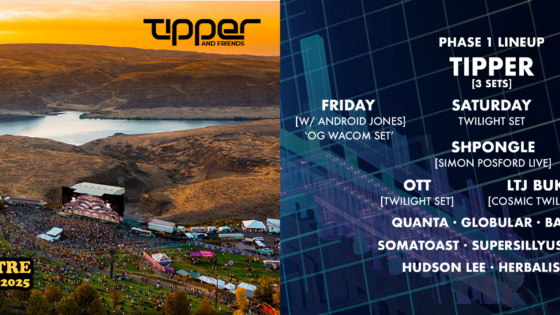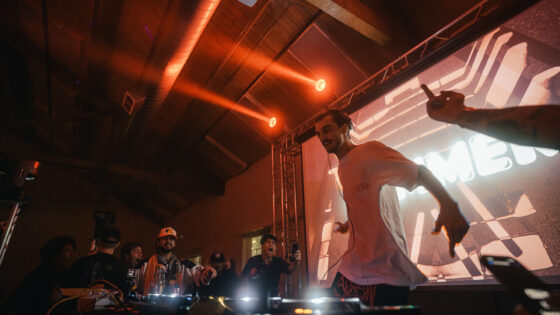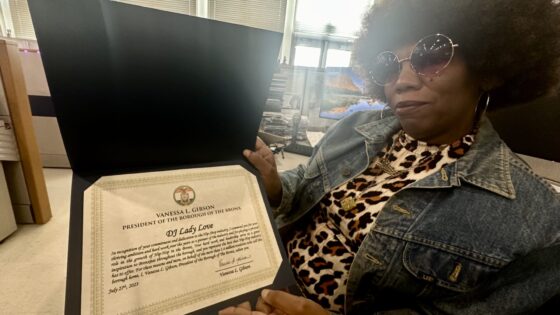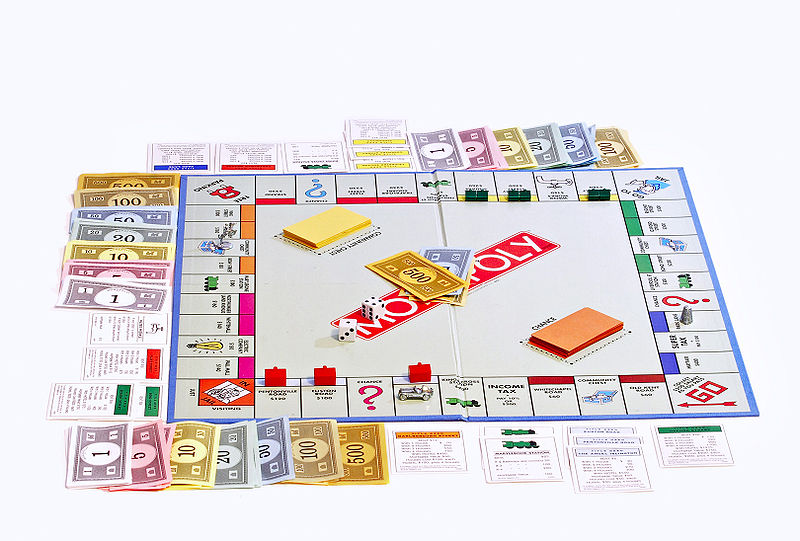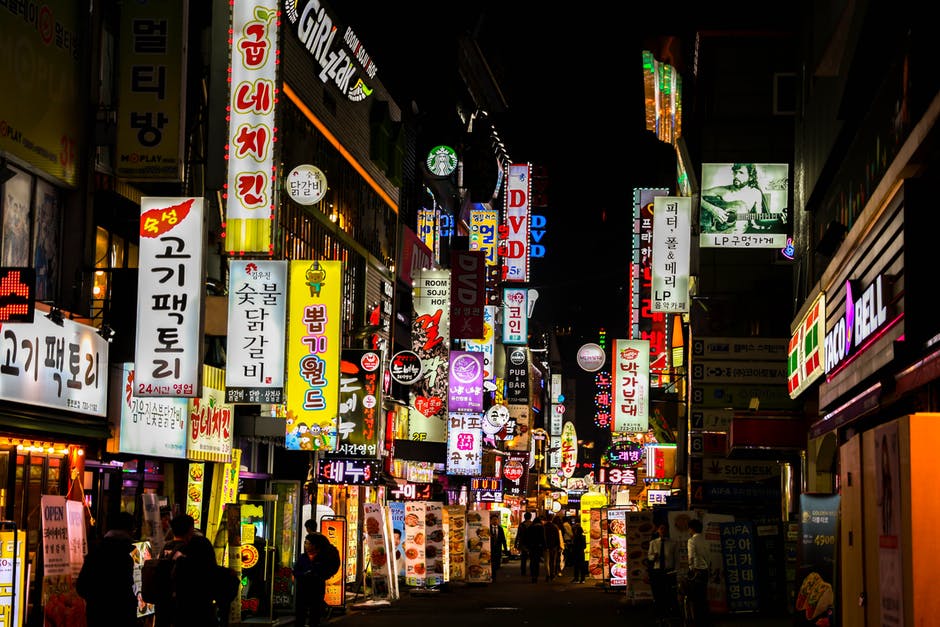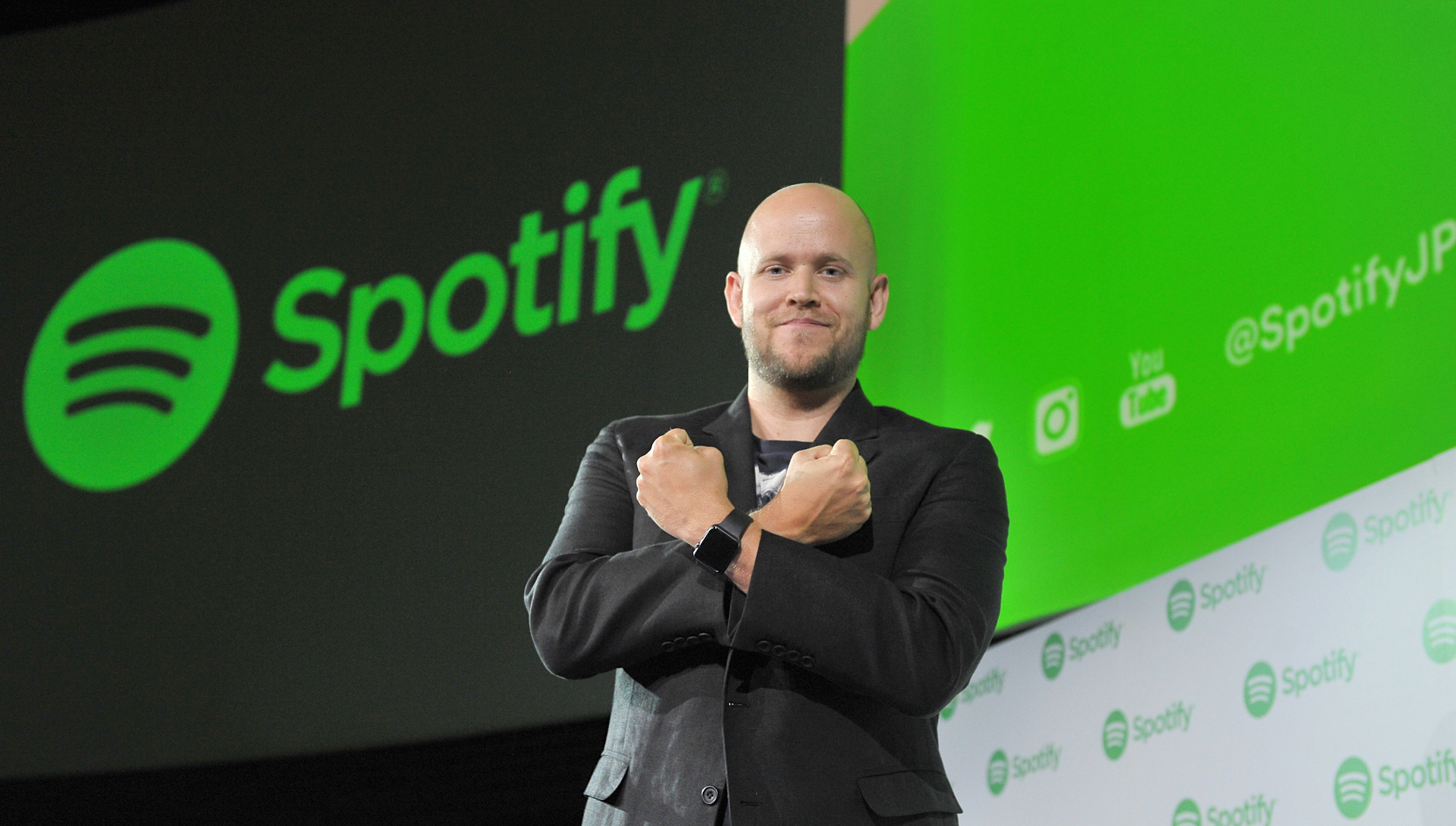In a series of tweets, Defected Records and Glitterbox owner Simon Dunmore blasted the practice of radius clause contracts and pushy promoters. He wrote that there was “Some shady shit going down with a promoter in Manchester with regard to our NYD part” and that “Trying to intimidate DJs not 2 play 4 us is pretty pathetic” in the ensuing Twitter thread. Many voiced their concerns over a nightlife scene has gone stale due to these monopolizing practices.
Some shady shit going down with a promoter in Manchester with regard to our NYD party. Been there before with this guy.
Trying to intimidate DJ’s not 2 play 4 us is pretty pathetic ?. Just makes us even more determined 2 put on a great show & celebrate our 20th year in style ?
— Simon Dunmore (@SimonDunmore) October 6, 2018
There is a reason why this is happening, but it’s not good
First, let us consider why radius clause agreements show up in contracts in the first place. Ostensibly, it keeps an artist loyal to their contractual obligations. It also prevents the same artists performing at different venues simultaneously within the same area. As Mixmag writes, it also affords “a promoter wanting to protect their product in a crowded marketplace“ and a certain degree of security from over-saturation.
However, Mixmag’s article also points out that this can effectively create a monopoly situation wherein up and coming artists struggle to get places to play. In this fashion, nightlife suffers and in the worst cases offers little innovation or new opportunities.
What deeper implications does this have for the industry? It can cause problems for rookie artists and promoters if only big names who make fashionable music are being booked. This is especially problematic in the case of smaller population centers. Seattle, Portland, and Vancouver BC alike have thriving underground scenes.
A monopoly such as Dunmore describes would be detrimental to their continued existence. Every big name first started out as a local, and it would be folly to hinder that development. But at the same token, the big names are a massive commercial interest. In an open market, they reserve the right to protect their work.
What do you do to support your local scene, underground or not? Or, what do you make of Dunmore’s commentary? Let us know on Facebook and Twitter!
Important things happen in Pacific Northwest nightlife, and DMNW will send you alerts!












